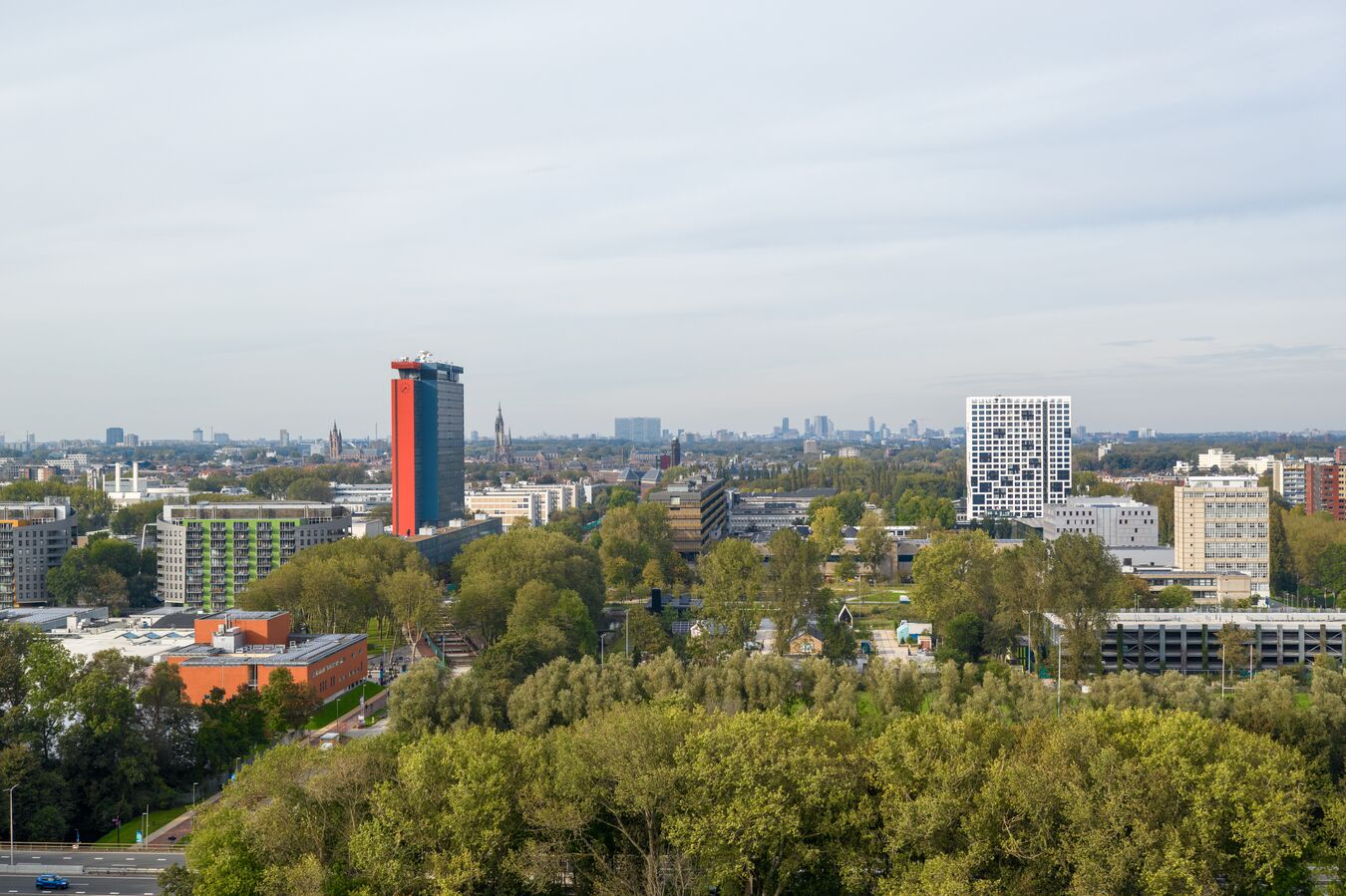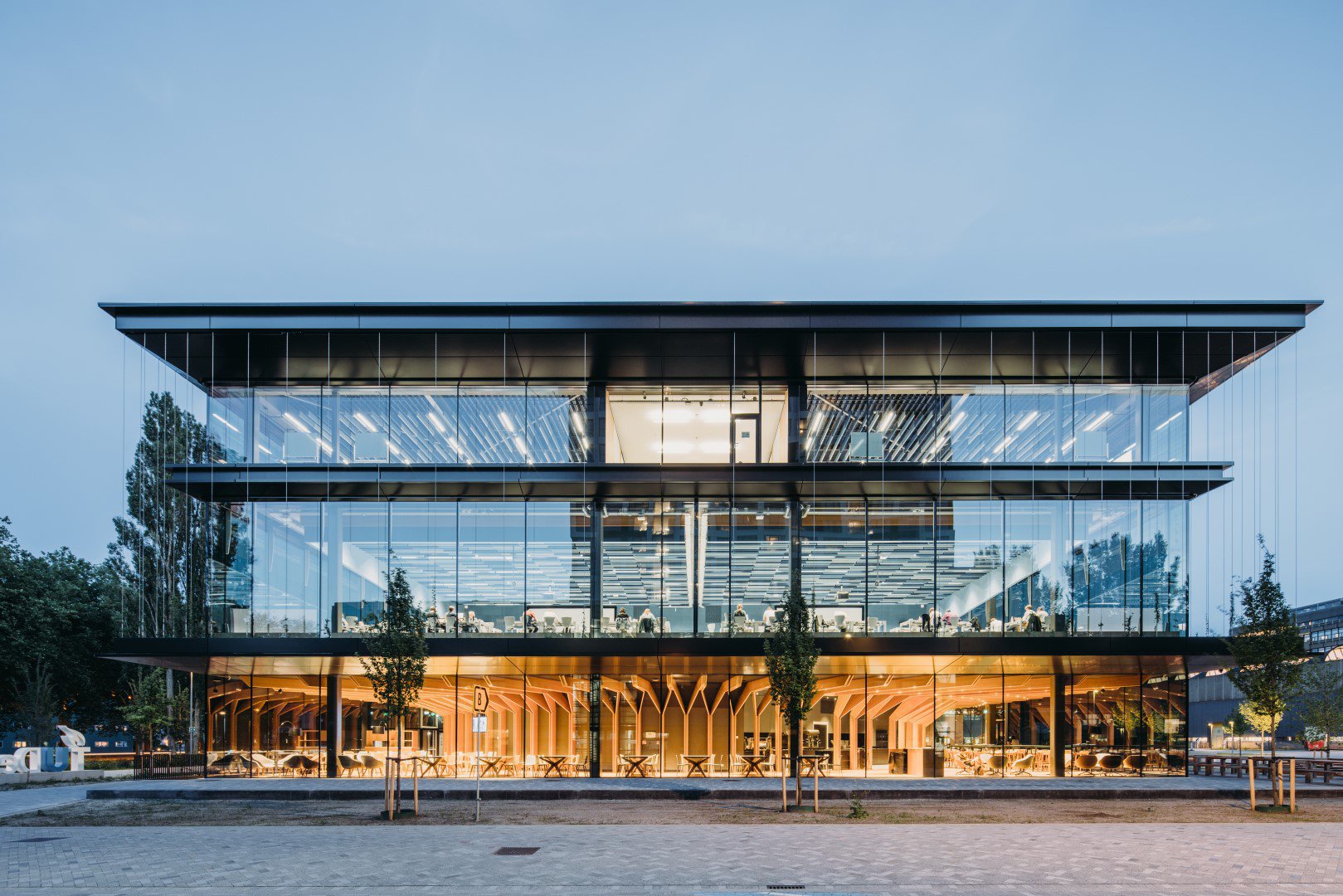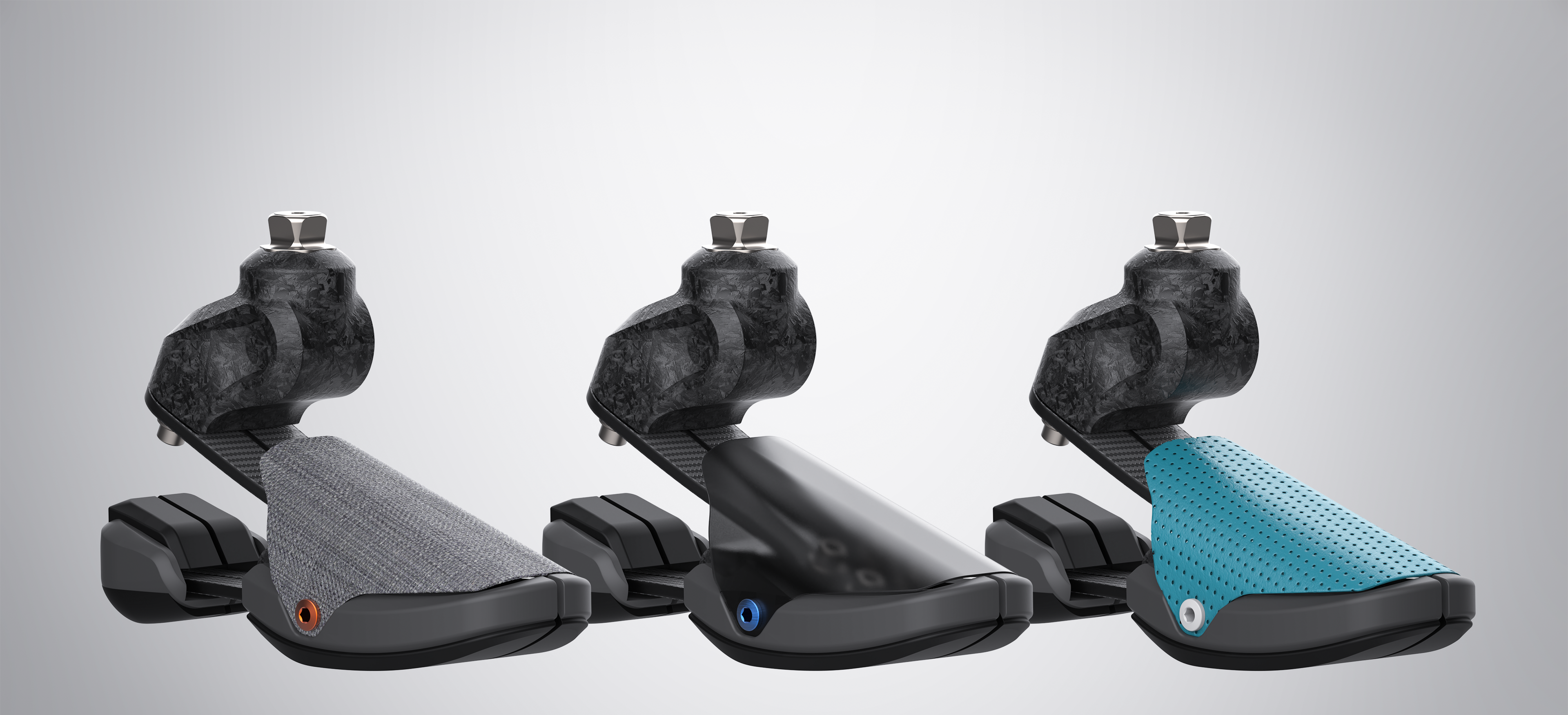Proof-of-concept fund UNIIQ, together with Delft Enterprises, is investing 350,000 euros in the Delft start-up SoundCell. The TU Delft spin-off develops innovative technology that can measure the vibrations produced by living bacteria. SoundCell’s technology has major implications for the detection and prevention of antibiotic resistance, as patients can receive effective medication against bacterial infections much faster than today’s standard. SoundCell will use the investment to develop a prototype that can be used and tested in a hospital and to conduct additional clinical research.
Vibration as an indication
To accurately measure the vibrations of a single bacterium, SoundCell uses membranes made of graphene – a substance consisting of a single layer of carbon atoms arranged in a pattern that resembles a honeycomb. Due to the extremely sensitive properties of graphene and the biological processes in bacteria, SoundCell provides insight into whether a bacterium is still alive (vibrating) after administering an antibiotic. The first experiments with E. Coli bacteria showed that if the bacteria were resistant to the antibiotic, the vibrations continued at the same level. When the bacteria were non-resistant, the vibrations subsided after administering the drug. The measured vibrations are extremely small, at least ten thousand times smaller than the thickness of a hair.
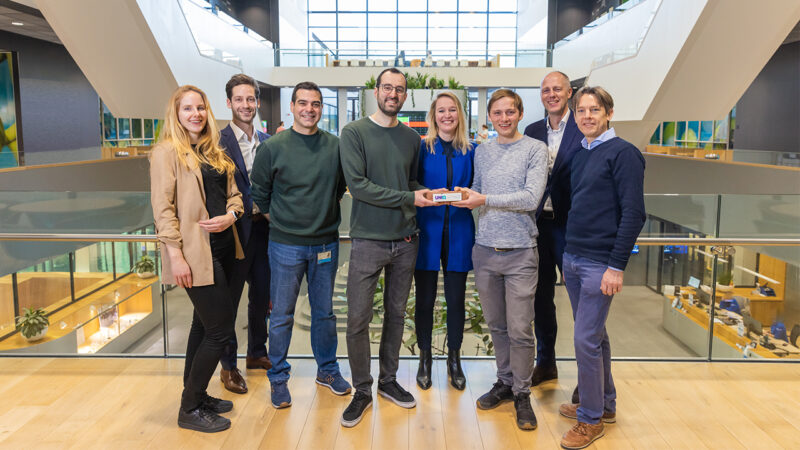
SoundCell founders Aleksandre Japaridze (left) and Irek Rosłoń (right) receive the UNIIQ brick
Faster is better
Current methods measure resistance of bacteria through their cell division frequency. Because cells divide slowly, determination can take several days, depending on the type of bacteria. With SoundCell’s technology, doctors will be able to administer effective antibiotics to patients within mere hours. SoundCell’s ambitious team includes Aleksandre Japaridze and Irek Rosłoń, both also involved in the research at TU Delft where the technology was discovered. There is no shortage of attention: the impressive results of SoundCell’s technology were published in Nature Nanotechnology.
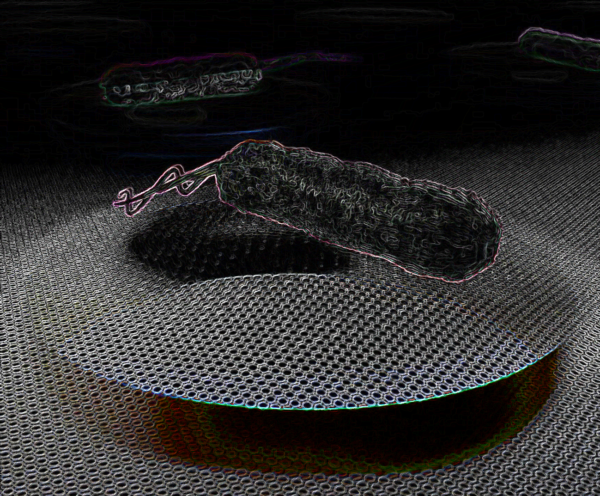
An artistic depiction of a single bacterium on a graphene membrane
From lab to practice
SoundCell will use the investment to further develop the prototype that will be used and tested in a hospital and to conduct additional clinical research. Managing Director Irek Rosłoń is delighted: “The step from an academic laboratory to a practical environment is not an easy one. With the UNIIQ investment, we are able to take this important step and hit the ground running. We are extremely proud of achieving this milestone and look forward to using our technology to make a real impact on society!”.

